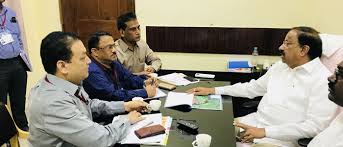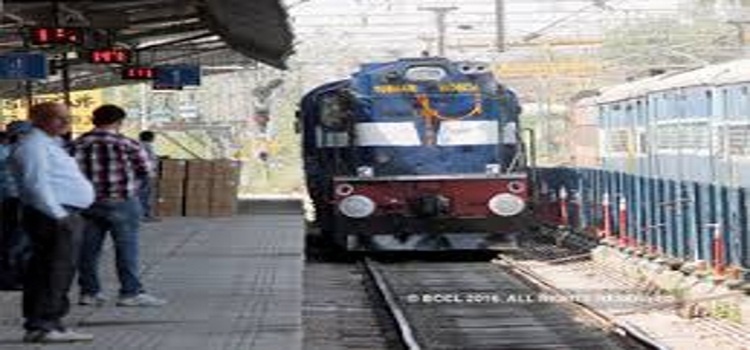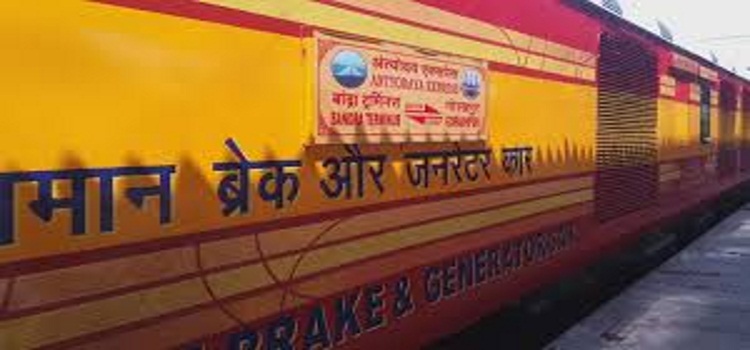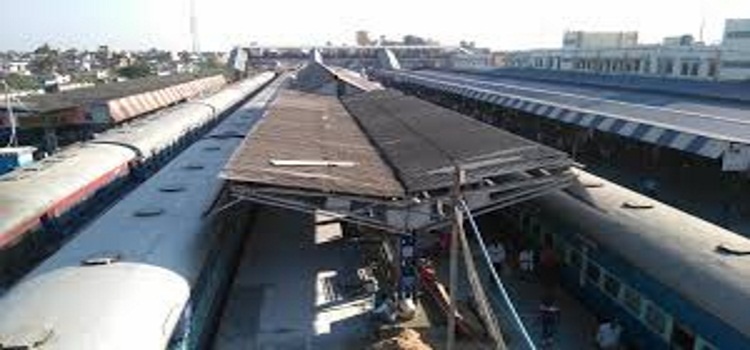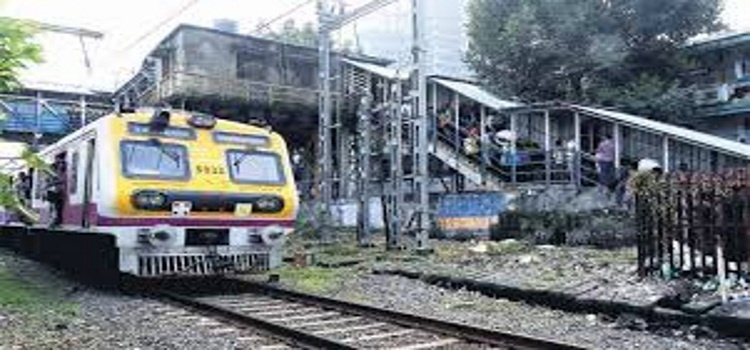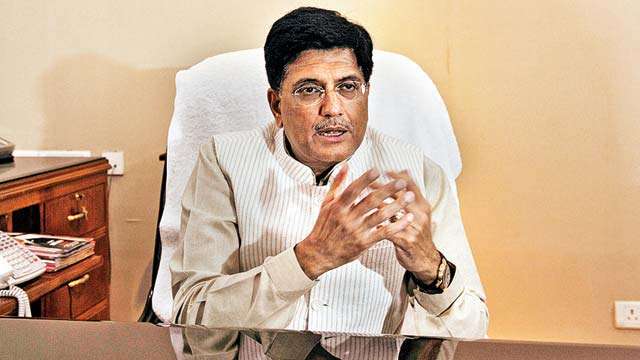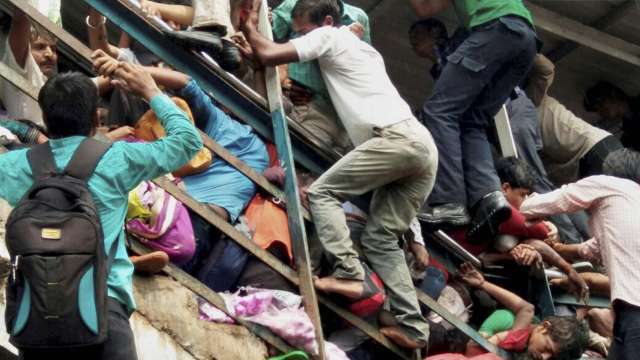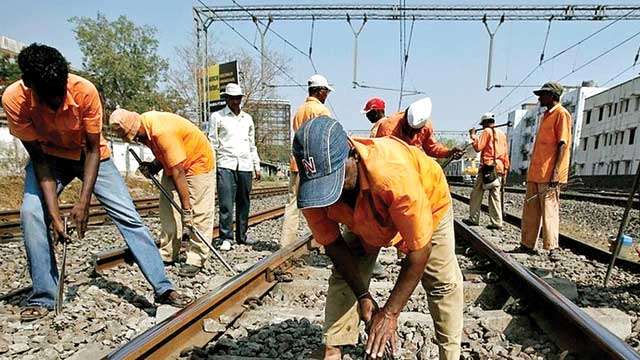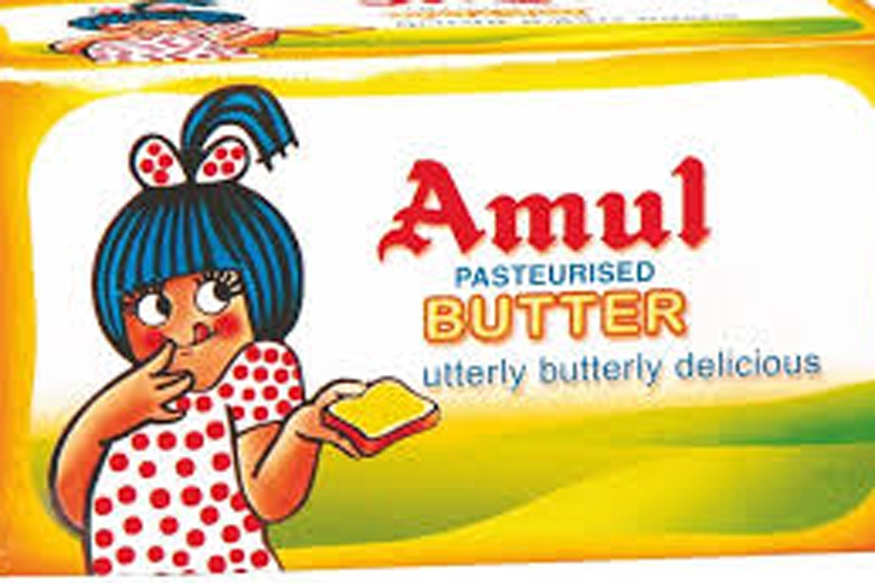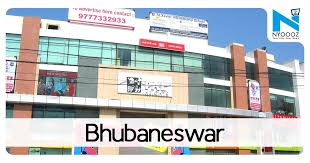
The Railway Board has recently approved the provision of installing free Wi-Fi hotspots at 200 rural and remote stations across the country through Universal Services Obligation Fund (USOF) of the Centre. RailTel, a company under the ministry of railways, will carry out the project. USOF, which comes under department of telecommunications, has an objective to provide widespread and non-discriminatory access to quality ICT (information and communications technology) services to people in rural and remote areas.
Stations like Malatipatpur, Sakhigopal, Birapurusottampur, Delang, Motori, Retang, Mancheswar, Barang, Gopalpur, Balikuda and other small stations under the jurisdiction of the East Coast Railway (ECoR) will be provided with free Wi-Fi service through the USOF project.
These stations will get high speed internet facility like Bhubaneswar, Puri and Visakhapatnam. Passengers passing the stations and local people can enjoy the free Wi-Fi facility at these stations. Target for completion of the project is March 2018.
Umesh Singh, ECoR General Manager, has reviewed the progress of Wi-Fi services in different stations and asked all concerned officials to expedite the new work.
The zone has already installed Wi-Fi services at small stations like Keonjhargarh, Paradeep, Tikiri and Bissamcuttack with the help of local industries, corporate houses and social organisations. The zone had decided on its own to request some corporate houses to invest their CSR fund to provide the service at some rural stations. This fund will boost their plan, said a senior railway officer.
Besides this, the ECoR has already installed Wi-Fi hotspots at all A1 category stations like Bhubaneswar and A category stations like Cuttack of the ECoR.

